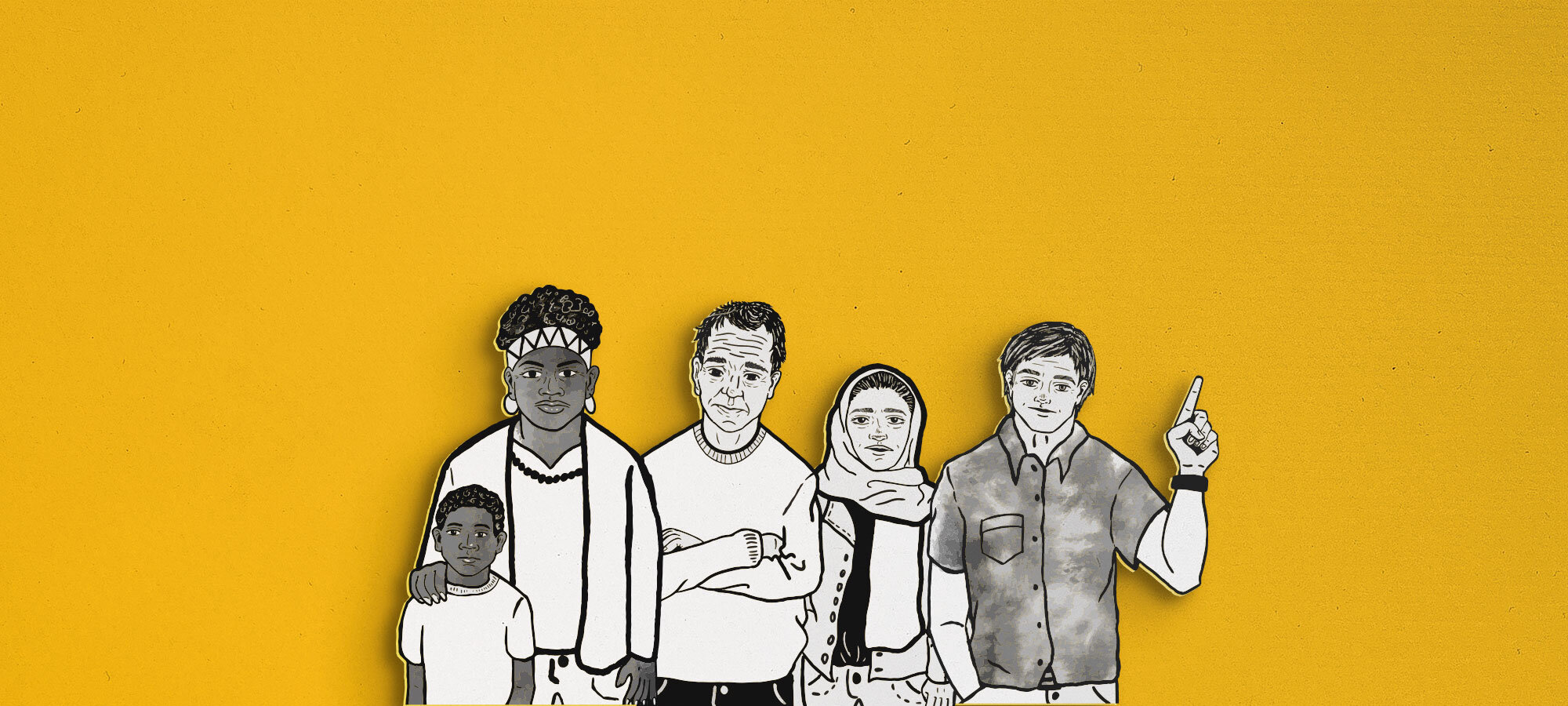
We know what it’s like to apply for Universal Credit. We’ve been through it ourselves so we know the challenges and pitfalls. Here are six things you should know about applying for Universal Credit.
1. Figure out if UC is right for you
First, make sure UC is the right benefit for you. If you’re not sure, contact us and we’ll recommend a welfare adviser to speak to as soon as possible. They can help you work out what’s best for you and your situation.
MORE INFORMATION:2. Plan for the time between applying for and getting UC
“Always keep in mind that if you have to take an advance or a loan, you will have to pay this back eventually”
UC:US Team
When you first claim Universal Credit, there is a five week wait between applying and getting your first payment. In our experience, sometimes it can take even longer.
This wait time can be hard.. The decisions you make at this stage can have lasting effects. Sit down and carefully work out how you’ll cover your costs during this period.
- it's a loan and repayments will be taken out of your payment each month
- you don't have to take the full advance amount. Try to work out the smallest amount you need to get you through that period
- you can get other types of financial support (e.g. claimants in Northern Ireland might be eligible for the Universal Credit Contingency Fund grant)
- Find out about other forms of support (e.g. charitable sources of support like foodbanks)
MORE INFORMATION:3. Understand your responsibilities
“Try and budget for each week or fortnight.”
UC:Us Team
It’s your responsibility to manage and organise key parts of your benefit claim.
If you are moving to Universal Credit from another benefit you might find certain things which happened automatically will not happen this time until you request it. For example:
MORE INFORMATION:Paying your rent
It’s your responsibility to communicate with your landlord. You must tell your landlord you’re claiming UC. Make sure to:
Get their contact details to ensure you can get help with housing costs
Tell them your payments will be in arrears
‘Twice my rent was paid to me directly instead of my landlord by mistake. I didn’t realise until my housing association contacted me to tell me I was in arrears. Mistakes do happen so my advice to other people is to:
- Know how much your rent is
- Ask for your rent to be paid directly to your landlord
- Follow up after a week or 2 to check
- If you do receive an extra payment, it could be your rent so find out what it is for before spending it.’UC:Us Team
MORE INFORMATION:Health costs
You have to go through a separate application process so Universal Credit staff can decide what health care costs you are entitled to. This includes free sight tests, dental treatment, vouchers for glasses/contact lenses or help with travel to treatment.
MORE INFORMATION:4. Money can sometimes be taken from your UC payments
Money may be taken straight away and it can happen for a few reasons. For example, to pay off an advance payment or old rent arrears.
So if you have any ‘historic’ overpayments, you should get advice on your options for managing debt. This will help you minimise financial stress and maximise your income.
MORE INFORMATION:5. Universal Credit is all online
Universal credit claims are made and managed online - there are no paper forms available. You will need to learn how to manage your claim and communicate online, using the UC journal.
“Make sure you check your journal regularly for updates even if you are in work. I'm currently part-time but I still have to log on and do job searches”
UC:Us Team
MORE INFORMATION:6. Find other kinds of financial support you can get
You can get different kinds of support depending on where you live. We also suggest speaking to your local council about emergency and crisis support. The video below talks about discretionary support that is only available in Northern Ireland, but you can use the links below to find out about support across the UK.
“People from all walks of life can enter financial difficulty. I hate the thought of people not receiving support because of the stigma. It's ok to seek out financial support”
UC:Us Team
MORE INFORMATION:7. Most important: Please access the support that is out there
There are many very knowledgeable and supportive welfare rights workers out there whose job is to help you navigate the Universal Credit system. See our support pages to find out where support is available.
MORE INFORMATION:



